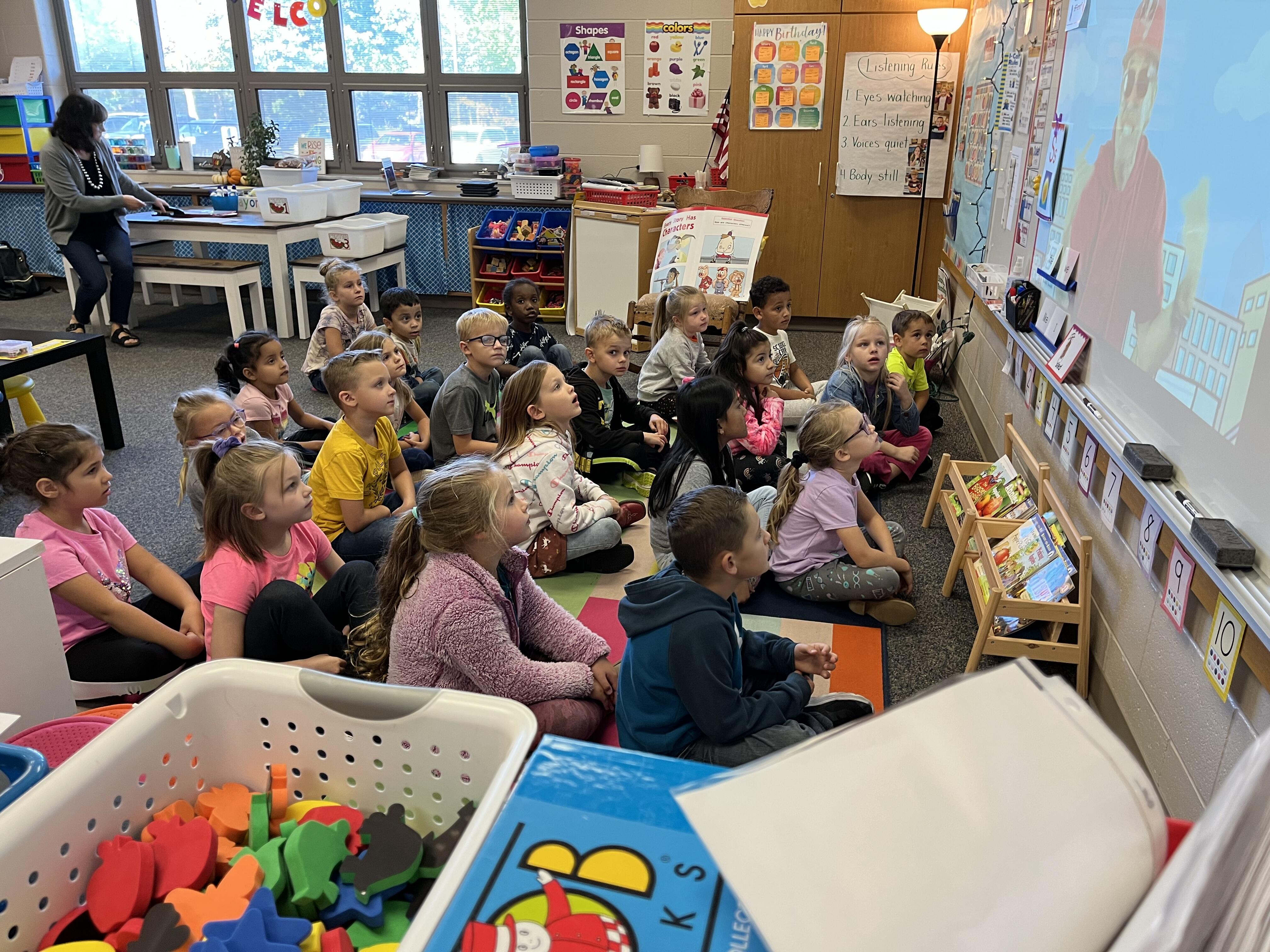
Image Source: Google
Elementary school serves as a crucial foundation for a child's education. It is during these early years that children learn the basics of reading, writing, and arithmetic through the teaching of the ABCs. However, education in elementary school goes beyond just learning these fundamental skills. It is also a time when young minds are nurtured and encouraged to develop critical thinking abilities.
One of the primary goals of elementary education is to help students develop strong literacy skills. Teachers focus on teaching phonics, sight words, and basic grammar rules to ensure that students can read and write proficiently. By building a solid foundation in literacy, children are equipped with the tools to comprehend and analyze information effectively.
As children progress through elementary school, educators also emphasize the importance of critical thinking skills. Critical thinking is the ability to analyze, evaluate, and interpret information objectively. It allows students to think independently and make informed decisions. Teachers encourage students to ask questions, consider different perspectives, and think critically about the world around them.
One way elementary schools nurture critical thinking is by incorporating problem-solving activities into the curriculum. These activities are designed to challenge students to think creatively and come up with innovative solutions. For example, students may be given a real-life scenario and asked to brainstorm possible solutions. Through this process, they learn to think critically, evaluate options, and make decisions based on logical reasoning.
Another important aspect of developing critical thinking skills is fostering a classroom environment that encourages open-ended discussions. Teachers promote classroom discussions where students can share their thoughts, opinions, and ideas freely. By engaging in thoughtful dialogue, students learn to think critically, articulate their viewpoints, and consider alternative perspectives. These discussions help young minds develop their ability to analyze information and think critically about a given topic.
In addition to problem-solving activities and classroom discussions, elementary schools also introduce students to different subjects and provide opportunities for exploration and discovery. Through activities such as science experiments, art projects, and field trips, children are exposed to a wide range of experiences. These experiences stimulate their curiosity, encourage independent thinking, and nurture their critical thinking abilities.
Furthermore, elementary schools often incorporate technology into the curriculum to enhance critical thinking skills. By utilizing educational software and online resources, students can engage in interactive learning experiences that require them to think critically. Technology allows students to research, analyze data, and solve complex problems, all of which contribute to their overall development as critical thinkers.
It is essential for elementary schools to prioritize the nurturing of young minds by fostering critical thinking skills. By teaching children to think critically, educators empower them to become active learners who can navigate the complexities of the world around them. These skills lay the groundwork for success not only in their academic journey but also in their future careers and personal lives.
In conclusion, elementary school is a crucial period in a child's education where they learn the basics of reading, writing, and arithmetic. However, it is also a time when students are encouraged to develop critical thinking skills. Through problem-solving activities, open-ended discussions, exposure to different subjects, and the use of technology, elementary schools foster the growth of young minds and equip them with the necessary tools to think critically and make informed decisions.
